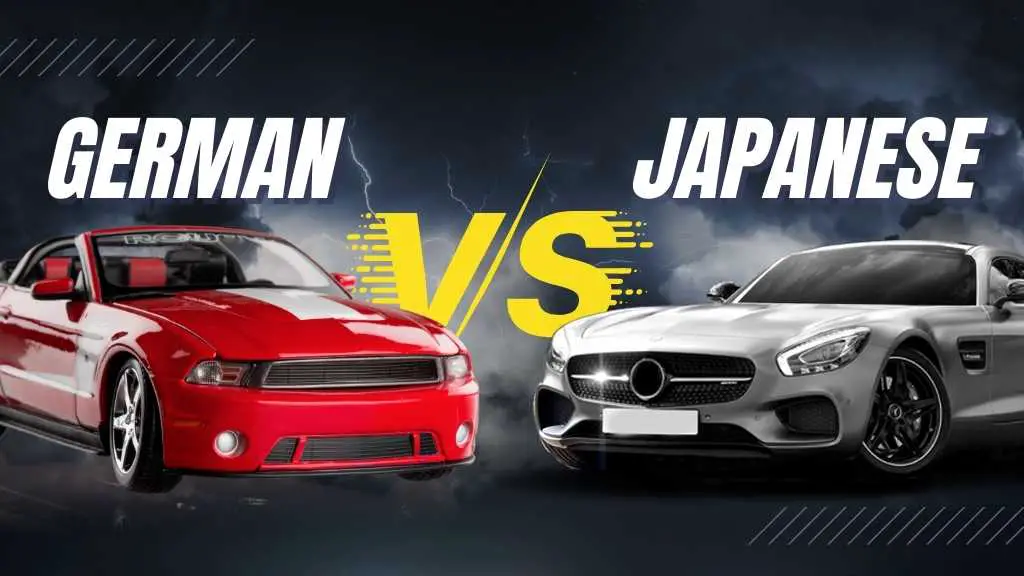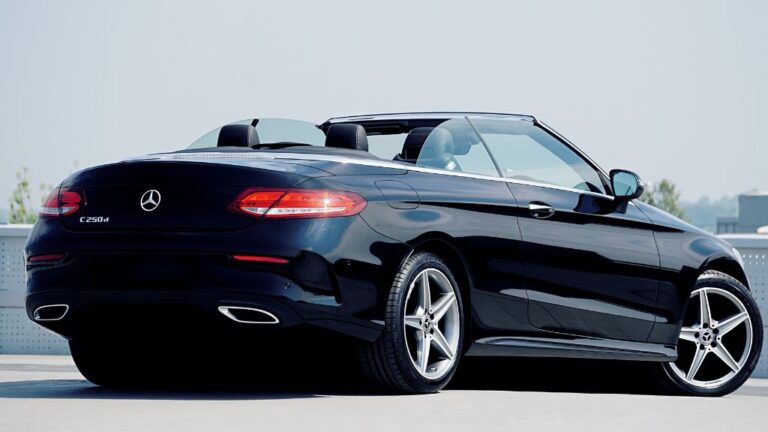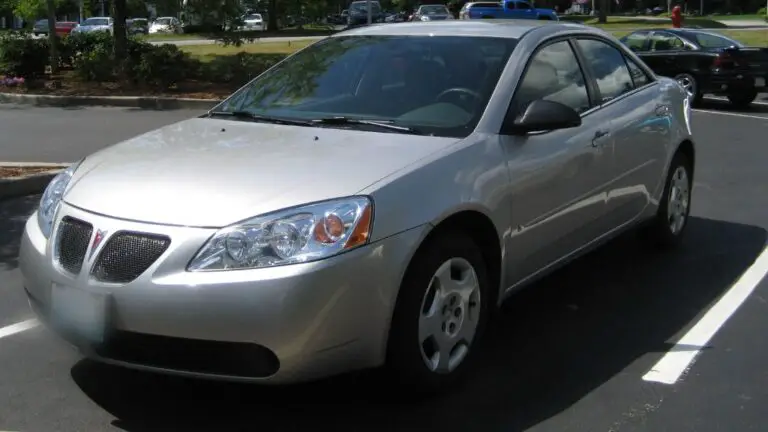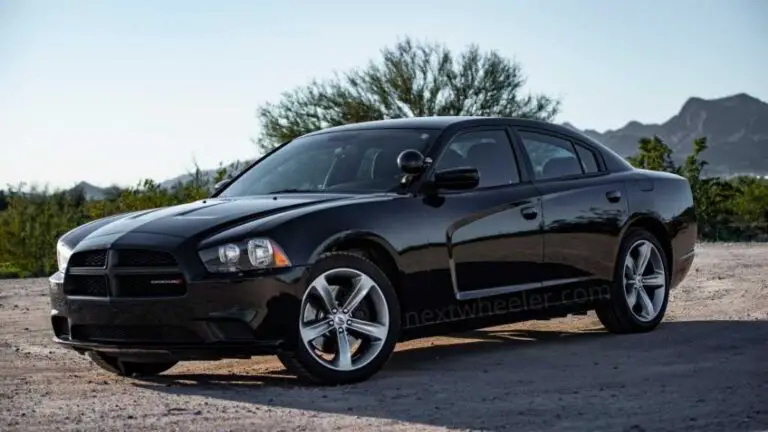German Cars vs Japanese Cars – What’s The Main Difference?
Germany and Japan – are two high-standard car-producing countries, making automobiles for several decades. Both manufacturers have a strong fan base and a strong bias for particular brands and models. Also, they are popular for adhering to different customer requirements.
Features including reliability, speed, price, style, performance, and multiple aspects are different between German cars vs Japanese cars. Moreover, German car manufacturers have a reputation for focusing on performance and precision. While Japanese manufacturers aim to make reliable, long-serving, and affordable cars.
This comprehensive guide will show you the basic differences between German and Japanese cars. Let’s look at them.
German Cars vs Japanese Cars – In-depth Comparison

German engineering and Japanese cars maintain quality in every single detail of a vehicle. Both of them produce high-quality units and have a reputation throughout the globe. But they have dissimilarities. Read the below section intently to learn more about Japan vs Germany car differences.
Driving Experience
German engineering cars are great on the road, in fact, I can say, out of the world. Driving a German vehicle, you can experience thrill, fast speed, luxury, and dominance. If you are wondering why the reason is that German automobile fans seek a thrilling luxury experience. They don’t consider vehicles only as a mode of transportation. As a result, German builders constantly upgrade the design of their cars.
On the other hand, Japanese cars have a reputation for offering a comfortable and user-friendly driving experience. Also, their durability is high. Fast speed is not their prime aim.
Overall, driving vehicles like BMW, AUDI, Mercedes, etc., can’t be compared to Miata, Lexus, Corolla, etc. But one thing to keep in mind is that the smooth running of a car doesn’t mean it’s better.
Quality Control
You might have heard “German quality” in the automobile industry. There is a reason everyone adheres to German engineering. They have been building automobiles longer than any of us. Also, they have dominated car racing history, pushing engines to the limit. Brand strength is the motto of all German makers. For example, BMW builds every vehicle following a weight distribution ratio of 50:50 with giving attention to detail. The truth is, they put a lot of focus on technology and craftsmanship.
Japanese cars are also unbeatable in terms of quality. With premium-quality parts, their vehicles are built for last. Moreover, without ensuring 100% quality, they don’t release cars in the market. One stat will surprise you for sure, 35% of the vehicles in the US automobile market are from Japanese manufacturers. This huge percentage indicates that Japanese cars also come with good quality.
Here, the quality award goes to both German and Japanese cars.
Reliability
Undoubtedly, Japanese cars come with high reliability. Japan follows the technique of perfection in every car part and product before releasing it on the market. Several car manufacturers release a few versions of each model before making an error-free car. But Japanese spend more time on engineering perfectly and make it right from the beginning. That is why Japanese cars are more reliable, easy to operate and durable.
In German cars, “technology meets creativity.” Speed and accuracy are their prime features. German car reliability and durability are also great but less than Japanese cars. However, that doesn’t mean that Germans build vehicles following poor design. In fact, they follow country restrictions meticulously. This means they have a different mindset from Japanese automobile manufacturers regarding reliability.
So, the Japanese car wins the battle for reliability. However, a reliable car doesn’t mean it is better.
Style
The German automobiles are designed with style. When driving a Mercedes, Audi or BMW, you are known to own a luxurious lifestyle. Almost every German car is sleek, shiny, smooth and classy. Their vehicles are modified and upgraded in every possible way from the last one. This means the style of German cars is on a whole next level!
Japanese follow a modest approach when styling a vehicle. It is because they build cars targeting different audiences. Therefore, their vehicles are affordable. Moreover, Japanese brands focus on selling more and targeting volume. The affordable price range and faster production rate prove their minimal style approach.
In the case of style, German cars win the dual.
Safety Ratings
With simple care, you will get long-lasting service from Japanese cars. They smoothly run more than 250,000 miles without showing a major problem. In the 2019 IIHS Safety Rating Awards, almost all categories are dominated by Japanese cars. However, Japanese vehicles shake on bumpy roads and come with fewer airbags compared to German cars.
Meanwhile, A few German vehicles named Audi, BMW, and Mercedes are only listed in the 2019 IIHS Awards. However, they are also safe to ride on highways. These cars are smoother to ride on different terrains and offer a controlled ride and sturdier feel. Moreover, airbags are positioned in different positions in German vehicles to ensure safety. In addition, the interior is much more spacious, allowing people to sit back and relax.
According to safety ratings and surveys, German cars are less reliable than Japanese cars.
Value for Money
Are you looking for value for your money in a car? Buy Japanese vehicles without hesitation. They received credits for manufacturing trouble-free and robust units. Also, Japanese car builders believe in continuous improvement and focus on doing the same in their vehicles. It means their cars are manufactured with a solid construction, easy to repair, and reasonably priced.
On the other hand, when you hear about BMW, Audi, Porsche, Mercedes, VW, etc. The first thing that might come to your mind is German brands are expensive. For maintenance purposes, owners have to look for specialized services. Moreover, finding any parts of German vehicles is quite challenging.
Japanese cars are far better than German cars when it comes to value for money.
Top 10 German Car Brands
German car brands are popular worldwide. Here is a list of the top 10 German car brands for you.
Mercedes-Benz: Founded in 1926by Karl Benz. Versatile style, look, design, and world-class quality makes this company one of the top German car brands. They build cars, SUVs, trucks, limousines, buses, vans, etc.
BMW: Since its inception in 1916, they have continued building multiple types of vehicles like luxury and sports cars. Their sports car won numerous racing competitions.
Audi: Advanced user-friendly technology and classy and stylish design are Audi vehicles’ prime features. They are quite expensive luxury cars.
Volkswagen: VW is well-known for manufacturing luxury, sports, and electric cars. They focus on ensuring comfort to both drivers and passengers.
Porsche: This brand has manufactured high-class-looking and robust sports cars for decades. Recently, they started making sedans, SUVs, etc., along with other sports designs.
Opel: One reliable and world-class car manufacturer also sells parts in South America, Europe, Africa, and Asia. Their vehicle’s beautiful, small and exquisite-looking design grabs the attention of many car lovers.
Borgward: Affordable cars are the reason for their immense popularity among Germans working-class folks. However, they stopped production for controversial involvements but were revived by BAIC, Christian Borgward, and Carl Bogwar’s grandson in 2017.
Maybach: They manufacture vehicles for high-class people. This brand has jaw-dropping design in the cars from exterior to interior.
Isdera: This company was founded in 1984 and gained a reputation within a short period. It was formed and designed by a famous car designer Isdera.
Alpina: Though it is not popular throughout Germany and is a renowned brand, they produced high-quality cars working with BMW.
Top 10 Japanese Car Brands
Japan is one of the superpowers in the automotive industry due to the below top 10 car brands.
Toyota: Wherever you go, you will see Toyota cars. It is because they are one of the highest-selling car brands. Toyota Motor Corporation owned the brand Toyota, and they are selling high numbers of the car throughout the globe. They increased production recently and started producing electric and hybrid vehicles.
Honda: Every year, Honda sells cars on an average of 4.5 million. Their highest selling models are The Vezel, City, and Fit.
Nissan: It is a global full-line vehicle manufacturer. Top selling vehicle models of Nissan are the Sentra and Altima. The sale of Nissan vehicles is increasing every year.
Suzuki: Another Japanese car brand that sold many vehicles in the last couple of years. More than 45,000 employees are working in 35 production facilities of Suzuki in 192 countries.
Lexus: As per the Brand Finance report, Lexus is one of the valuable Japanese car brands. They make premium cars and are ranked in the top 10 list of the 10 largest Japanese global brands in market value.
Daihatsu: Daihatsu vehicles contain combustion engines, a range of off-road vehicles, and smaller kei models.
Mazda: Many users associate Mazda with athleticism and sophistication. Earlier, they were only concerned with sports vehicles. Later, they started making luxury cars named Mazda 2, Mazda 3, CX3, CX5, etc.
Mitsubishi: The full name of this brand is Mitsubishi Shokai, meaning 3 diamonds. They win the heart of many car lovers for offering high-quality cars at an affordable price.
Subaru: This brand believes in the philosophy of “Confidence in Motion”. They make premium vehicles like sedans, SUVs, luxury cars, etc.
Isuzu: Isuzu vehicles are suitable for daily use. MPVs and trucks are the highest selling vehicles of this brand. Most of their cars use a diesel engine and offer high mileage.
FAQs
Should I Buy a Japanese or German Car?
Many car lovers are attracted to Japanese and German cars since they offer a wide range of features and benefits. If you are thinking of deciding between German cars vs Japanese cars, consider your priority and requirement.
Buy Japanese cars from reputed brands like Toyota and Honda, if your preference is functionality, reliability, and cost.
Buy German cars from reputed brands like BMW, Mercedes-Benz, and Audi, if you are looking for something elegant, visually appealing, and luxurious.







